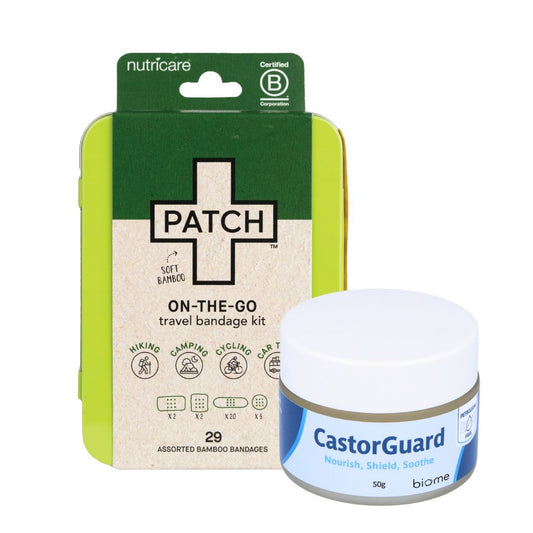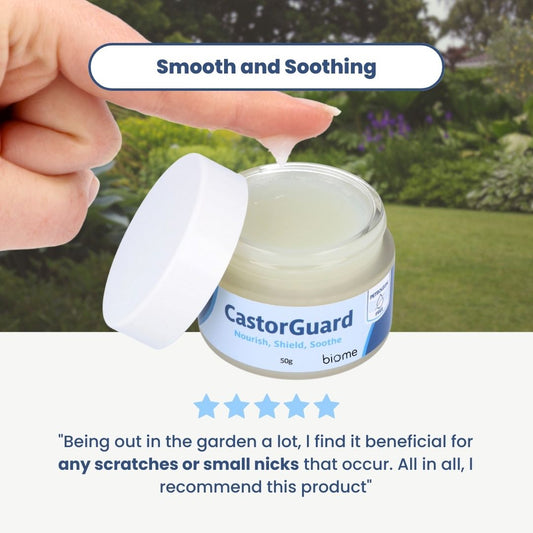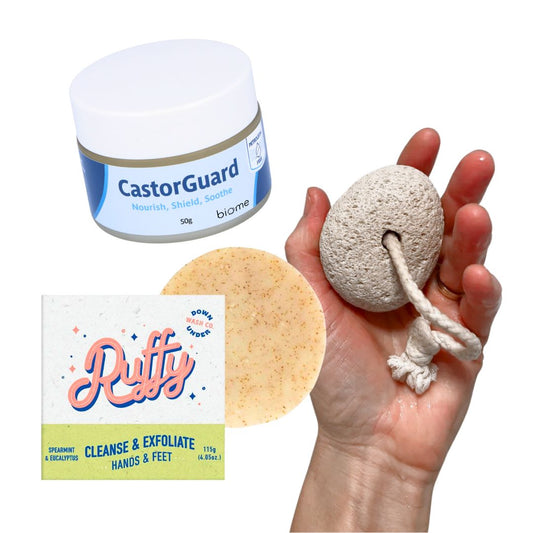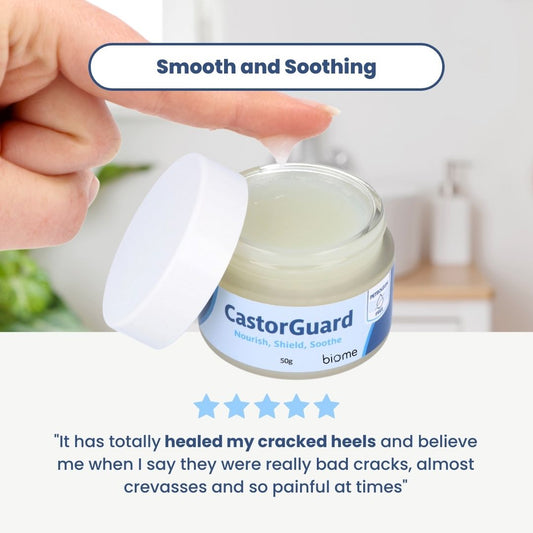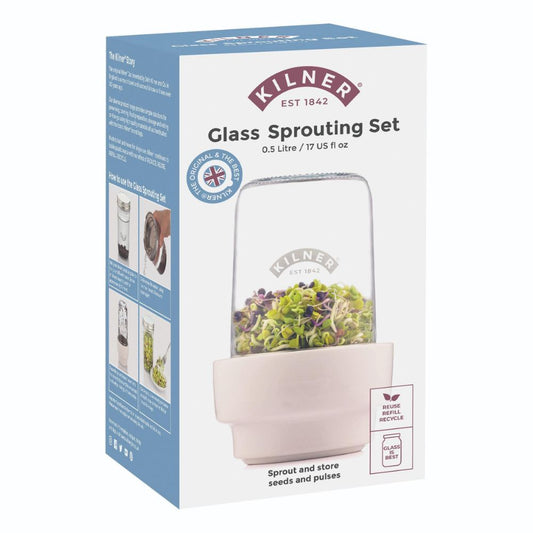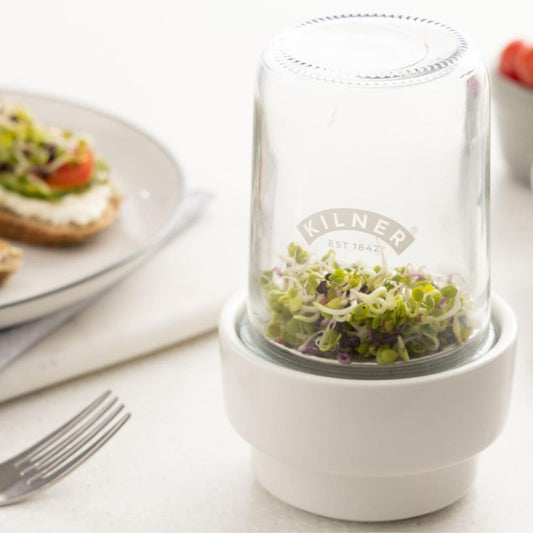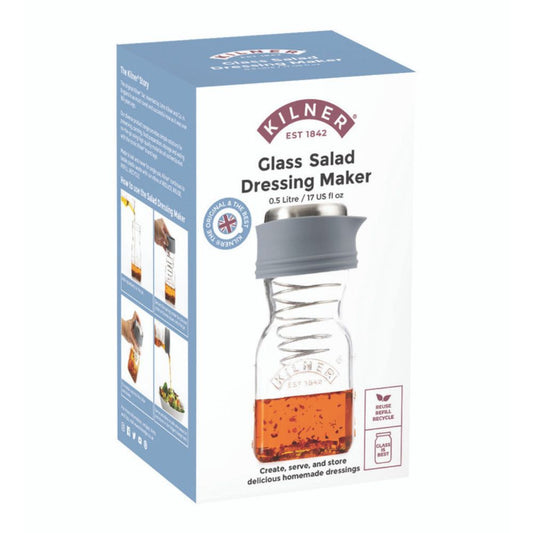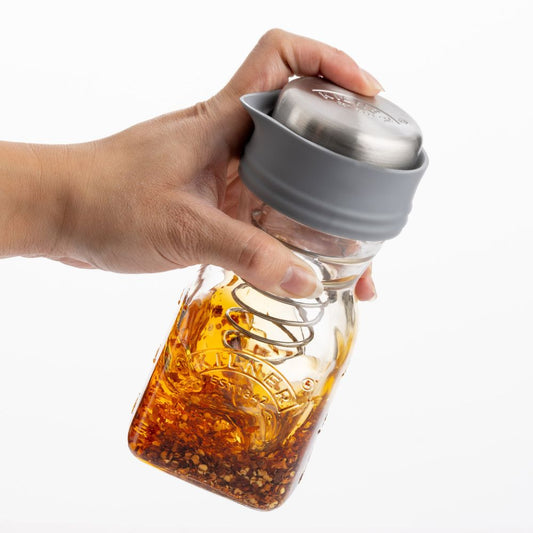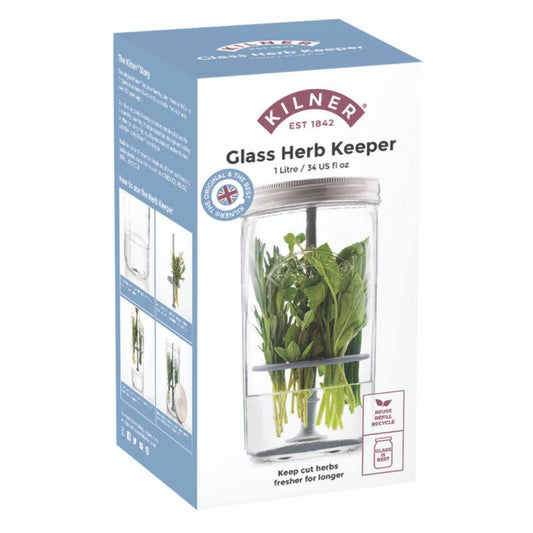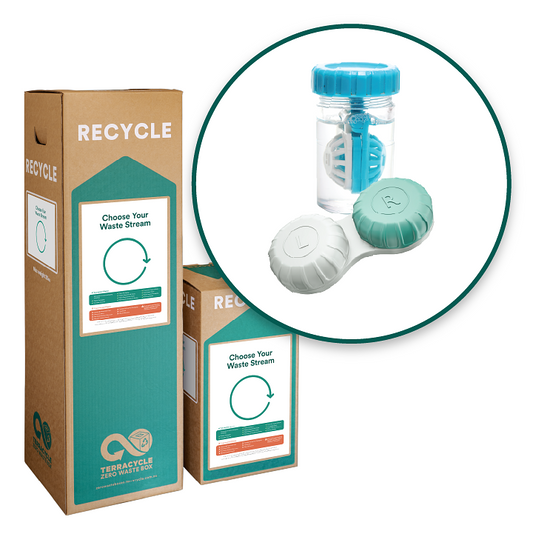
Synthetic fragrances are found in great number of everyday products from your personal care (shampoo, toothpaste, cosmetics, perfumes) to home cleaning, air fresheners, laundry detergents, and even rubbish bags! But, despite their widespread use the health effects of these chemical scents are not as widely understood. Ranging from mild to severe, the documented health effects of fragrances include allergic reactions, respiratory issues, asthma, headaches, dizziness, nausea, hormonal disruption, and increased sensitivity.
Remember, this isn't medical advice, but a tour through the science of how Endocrine-Disrupting Chemicals (EDCs) could be worsening your menopausal journey. After all, why not do all you can to smooth the waters?
The scented elephant in the room
During menopause, your body undergoes significant hormonal changes that can heighten sensitivity to chemicals and scents. Ever notice how a spritz of perfume now leaves you sneezing, or a strong cleaning chemical can trigger a headache?
That's because synthetic fragrances are full of volatile organic compounds (VOCs) and endocrine disruptors (EDCs), which can mimic oestrogen—the very hormone that's already doing a jitterbug through your system during menopause. This hormonal mimicry can intensify menopause symptoms, making you feel as if your body's thermostat and mood controls are in a constant state of flux.
Some of us turn to natural remedies such as wild yam cream to help manage menopause symptoms, but we can further support our journey by eliminating synthetic fragrance.
Which products contain synthetic fragrance and endocrine disruptors?
EDCs are particularly sneaky. They can interfere with hormone production and metabolism, bind to hormone receptors, and generally throw your body's hormonal communication into disarray.
Compounding the issue is that the generic "Fragrance" on a product label can encompass multiple undisclosed chemicals, making it difficult to identify and avoid specific harmful ingredients.
These chemicals are found not just in perfume but in all manner of products:
- Personal care: Many cosmetics, lotions, perfumes, deodorants, shampoos, and other personal care items, particularly those with fake fragrance or parfum, can contain phthalates, parabens, and other chemicals that act as EDCs.
- Cleaning products: Laundry and dishwashing detergents, and cleaning sprays may contain triclosan, phthalates, and fragrances known to disrupt hormonal functions.
- Air fresheners: the worst culprits that simply mask smells with a more overpowering fake fragrance.
- Plastic and food packaging: Plastics often include substances like bisphenol A (BPA) and phthalates. These chemicals can leach into food and drinks, especially when containers are heated.
- Pesticides: Many common pesticides have been identified as endocrine disruptors, affecting both human health and wildlife.
- Cooking utensils: Non-stick cookware often contains perfluoroalkyl substances (PFAS), which are suspected EDCs.
- Clothing: Fabrics, especially those that are water or stain-resistant, may be treated with chemicals that have endocrine-disrupting properties.
Did you know how similar the ingredients are in liquid shampoo and laundry liquid?

What chemicals are hiding behind "Fragrance"?
To minimize exposure to EDCs, choose products labelled as free from phthalates, parabens, and BPA, using glass or stainless steel instead of plastic, and opting for fragrance free personal care and cleaning products.
Fragrance free solutions
Perfume might make us smell divine, but if you find yourself sneezing, wheezing, feeling more moody, or increased hot flushes, it might be the fragrances stirring up trouble.
To avoid the risk, choose products that are fragrance free, or naturally-scented using only pure essential oils.
The great news is that all products at Biome are absolutely free from synthetic fragrances and preservatives!
We offer alternatives that are free from EDCs for:
air fresheners
natural perfume
deodorant
moisturisers
soaps
shampoo
green cleaning products
If you wish to go one step further and use products unscented products that are free from essential oils also, we have a dedicated section that is for completely fragrance free products.
free from all fragrance and essential oils
Air quality in your home and workplace is also important, so consider using an air purifier and indoor plants to help keep your home's environment stable.
Understanding the role of environmental irritants and EDCs can help you make informed choices about your exposure.
And of course, it's always important to consult with your healthcare provider to find the best solutions for you.
More natural menopause support
Modani Naturals range includes a Wild Yam Cream, plus Skin Glow Moisturiser, beautiful clay cleansing bars, tinted moisturiser and mineral foundation powder.
Green Calcium Supplement - a very common story for women going through menopause is the loss of bone density. It takes concerted effort to consume the recommended 1200mg of calcium everyday along with the other nutrients. This vegan Green Calcium is made from marine algae, a whole food source that is naturally rich in elemental calcium, magnesium and 72 other trace minerals crucial for optimum calcium absorption and bone health.
Eden Health Fem Balance - A powerful female tonic, this product is designed to help manage mood swings, bloating, and cramps. Its natural blend supports overall female well-being, making it a thoughtful addition to a menopause support routine.
MORE READING
Help to manage menopause symptoms naturally with wild yam cream
How to make natural perfume oil
Fragrance your home naturally with essential oils
How to improve indoor air quality at home





